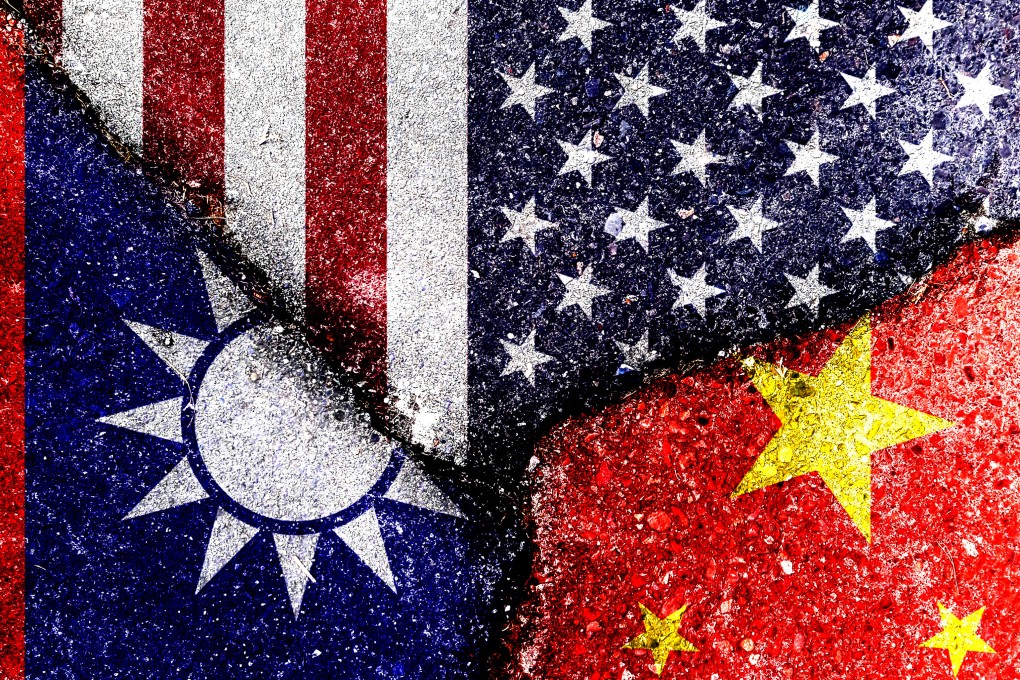My Take | US ‘strategic clarity’ over Taiwan will be both unclear and dangerous
- Encouraging island’s independence forces while threatening mainland China is not a policy for the balance of forces, but a provocation

When George W. Bush declared the “war on terror”, he cited the need for “moral clarity”. We all know where that has landed the United States and the world two decades later. Now, President Joe Biden is threatening to end what diplomats and experts have called Washington’s decades-long policy of “strategic ambiguity” over Taiwan.
While the White House press office has tried to walk back on Biden’s statement this week, it seems clear that Washington has every intention of abandoning the policy and switching to “strategic clarity”, which presumably means the US will come to Taiwan’s defence, no matter what, so long as mainland China attacks.
This may be clarity to some, but the devil is in the details. The US may end up defending an illegitimate Taiwanese government committing a constitutional coup against its own people. This will not be the first time and, of course, Washington may not be bothered, so long as it can trigger a war and prevail over the mainland. But let’s assume its good intentions, for now.
The long-standing assumption is that if Taiwan unilaterally declares independence and then the mainland invades, it’s unclear whether the US would intervene.
But if China attacks without a justifiable provocation, the US would do so. Note that this US posture does not exclude Taiwan independence, which though often neglected in media discussions, would require protracted constitutional amendments and electoral processes, including a likely island-wide referendum, that could last for months, if not years; think of the last Scottish independence referendum.
What this US posture does deter is unprovoked Chinese aggression and unilateral Taiwanese independence which would amount to a constitutional coup – because the Taiwanese government would not have gone through the mandated constitutional processes.
